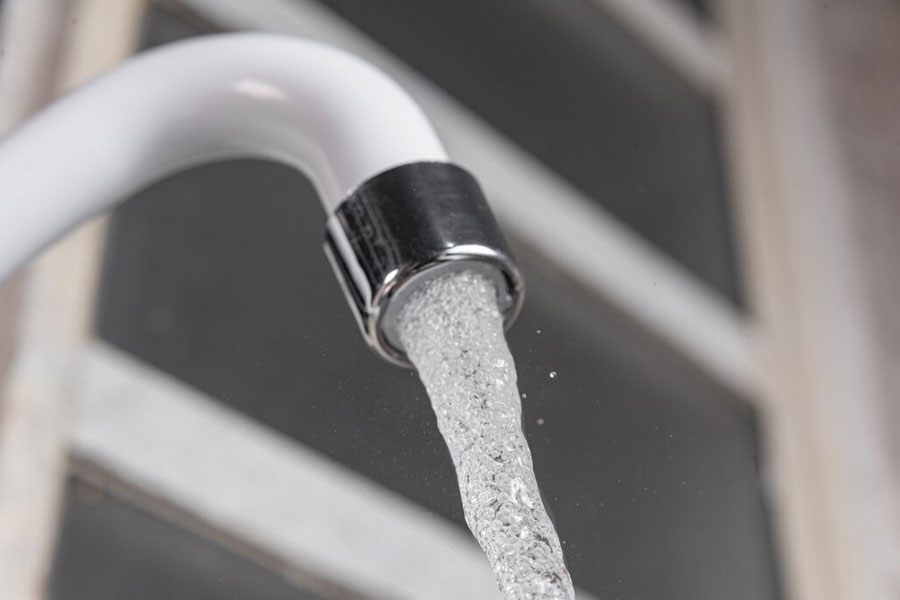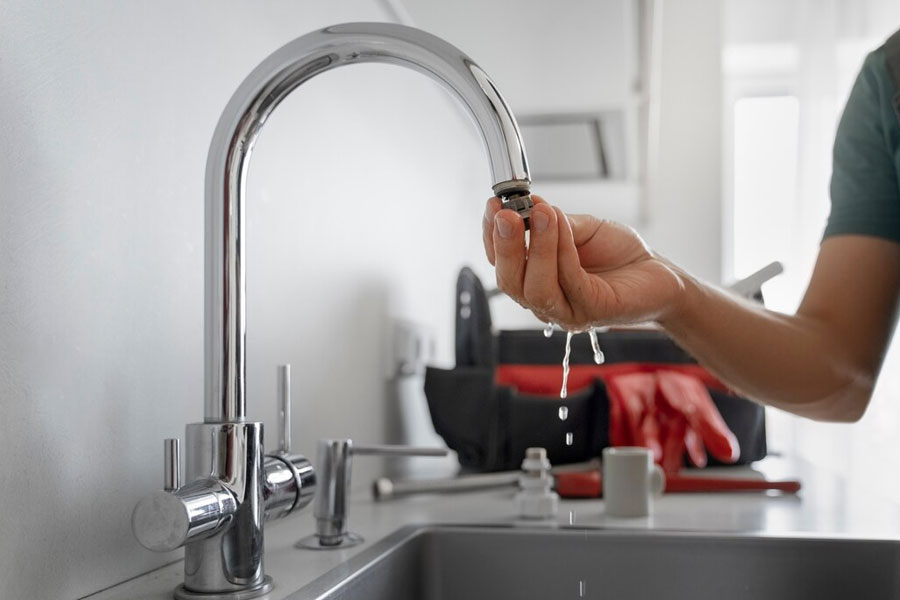Enquire Now
- CALL A PLUMBER
- (925) 478-8073
Enquire Now
 September 8, 2025
September 8, 2025
Every drop counts. The issue of low-flow fixtures in the modern world is also rooted in rising bills and concerns about resources. However, the low-flow fixtures also provide an innovative solution to the problem without compromising their performance. They combine new technology and comfort. And yet do they suit your home? Let’s break it down.
Faucets, showerheads, toilets, and other low-flow fixtures consume less water. And, in the process, they perform the work well. They either integrate aerators, flow restrictors, dual-flush systems, or pressure-compensating valves. The goal is to lower water use while preserving pressure. In the U.S., the maximum allowed faucet and toilet flow rates are 2.2 GPM and 1.6 GPM, respectively, and the maximum permitted toilet flush volume is 1.28 GPF. However, WaterSense-certified options are 1.5 GPM or less, and 1.28 GPF or less.
Severe water reduction is achieved through the use of low-flow technologies. They consume 30-50 percent of water as compared to traditional fixtures, yet they perform well. That is a big difference from a toilet upgrade.
By installing low-flow fixtures, household water use can be reduced by half—potentially up to 60,000 gallons per year. For example, by simply replacing their toilets and showerheads, a family of four can save up to 20,000 gallons of water annually.
Reduced water use means reduced bills — moreover, the savings add up over time. It is estimated that households can save $110 per year on toilets, $70–$80 on showerheads, and $30–$50 on faucets. With that in mind, utility rebates often help homeowners recoup the cost of many fixtures within just 1–3 years.
Using less hot water implies that your water heater is not overworked. That reduces your energy consumption and carbon emissions. Additionally, water conservation reduces the need for municipal pumping and treatment.
Every gallon saved helps. In addition, water conservation decreases the pressure on area reservoirs, treatment facilities, and ecosystems. As a result, it enhances long-term water management.
Efficient upgrades, such as low-flow fixtures, are also attractive to eco-friendly buyers. They are favorable of green living and contemporary sensibilities when it comes to home design.
Most local programs also offer rebates or tax credits for the installation of WaterSense fixtures. Consequently, these incentives make upgrades more inexpensive and fulfilling.
Some users have noticed slower faucets or shower flows. Quick rinses or filling pots can be a little longer. Nevertheless, most of them adjust fast when they do not perceive the pressure to be compromised.
Low-flow nozzles and aerators may become plugged with sediment. Cleaning helps them to work well regularly.
In the past, low-flow toilets often required an additional flush. However, the current models—which include dual flush, pressure assist, or gravity-fed systems—work well and dependably.
Despite the fixture’s efficiency, a leak could still result in thousands of dollars in costs. The drip of a faucet can consume 3,000 gallons/year, and the drip of a toilet may waste more than 6,000 gallons/month.
In locations such as medical institutions, poor water flow can raise concerns about stagnant water. In the case of ordinary homes, though, they tend to be safe and efficient.

Need more savings hacks? Check out our blog on How to Lower Your Water Bill with Simple Plumbing Upgrades.
You may want to cut down your water bills, save energy, help the environment, and do a smart home upgrade—in that case, low-flow fixtures make sense. They promise good performance, cost efficiency, and a green perspective. Additionally, please remember to keep them clean and free of leaks.
Meanwhile, in the middle of your upgrade process? Magnificent Plumbing and Rooter comes in at that. Our team will select the fixtures, install them correctly, and help maintain your system in the future. Ultimately, we are the professional collaborators who instill practical comfort on all taps and flushes.
Low-flow fixtures are not a fad, but a rational and environmentally friendly improvement for contemporary households. They offer:
Get the best out of your investment in terms of quality fixtures, smart installation, and maintenance consideration.
Ready to make the switch? Contact Magnificent Plumbing & Rooter to install low-flow fixtures or seek professional advice.